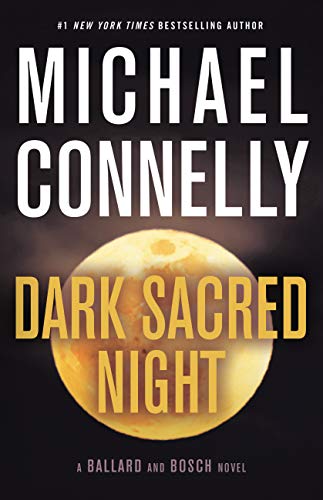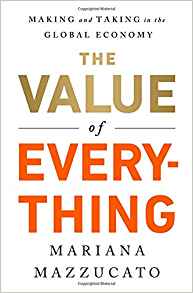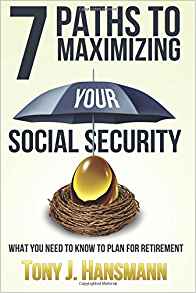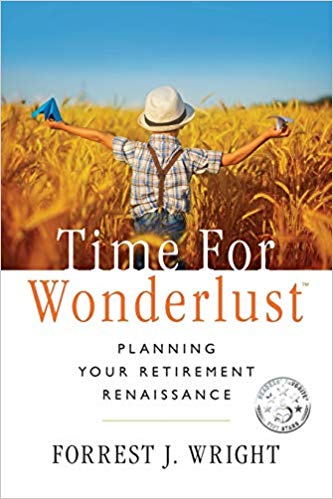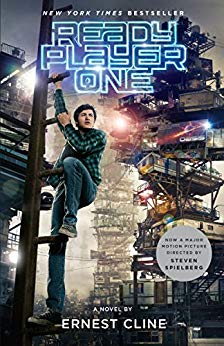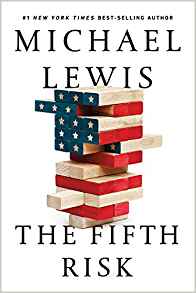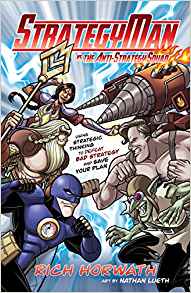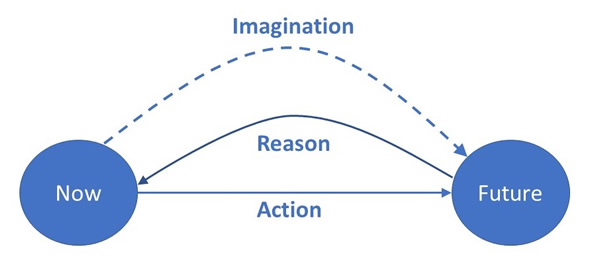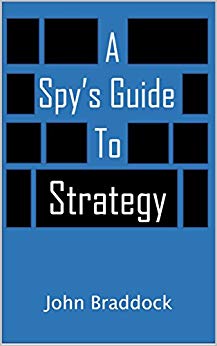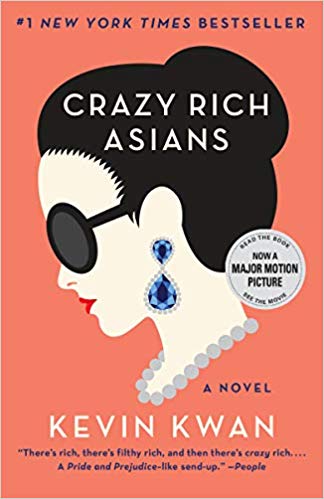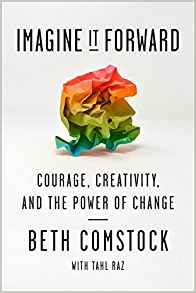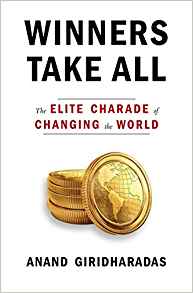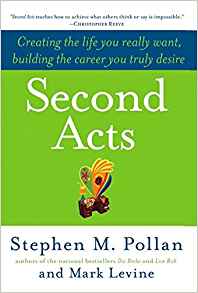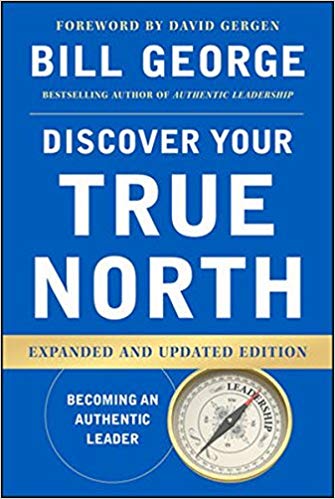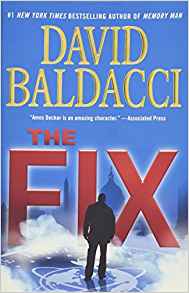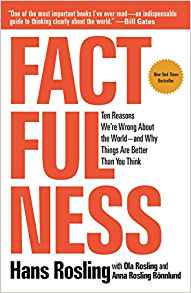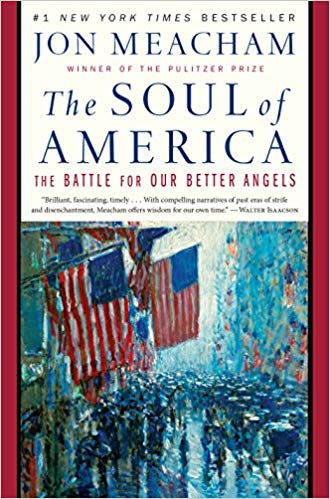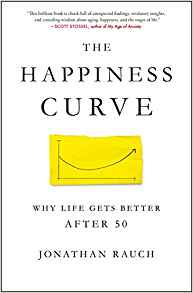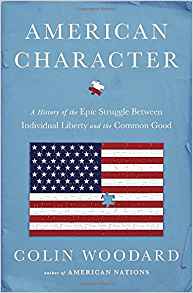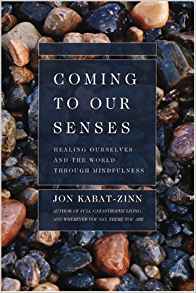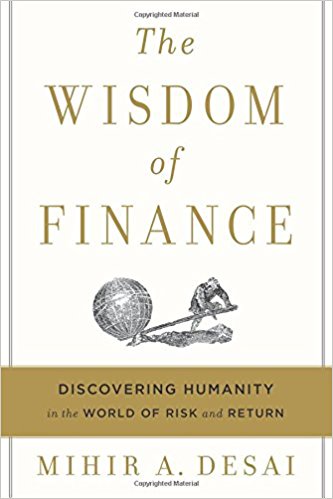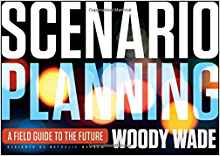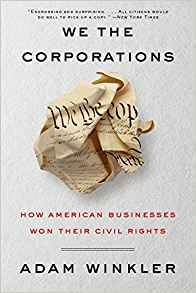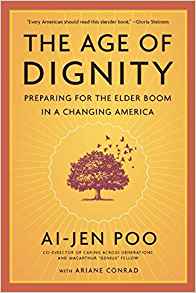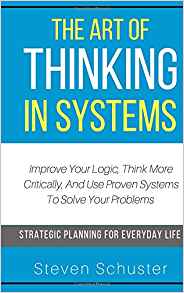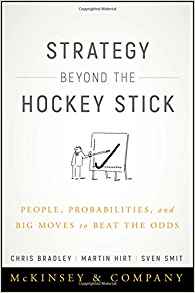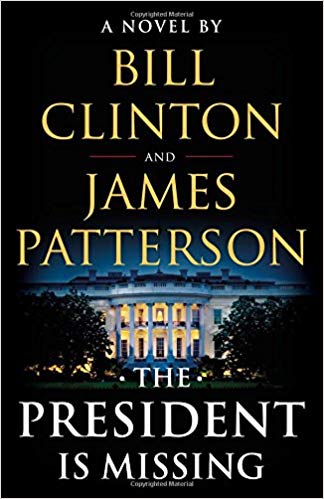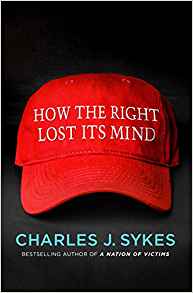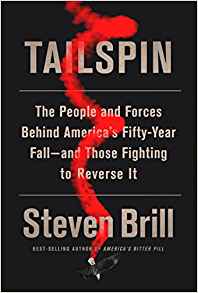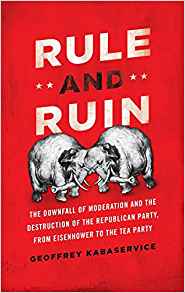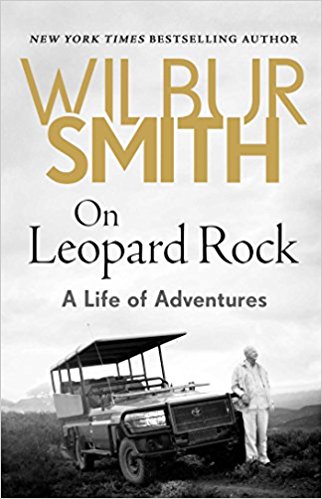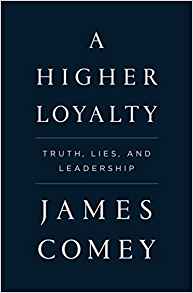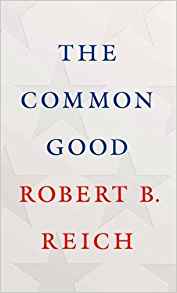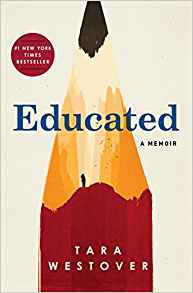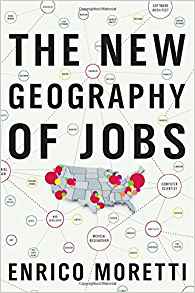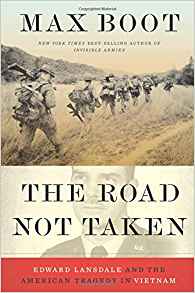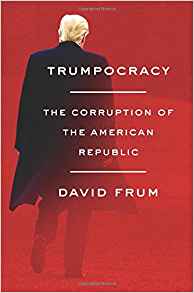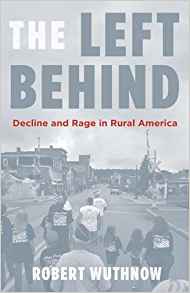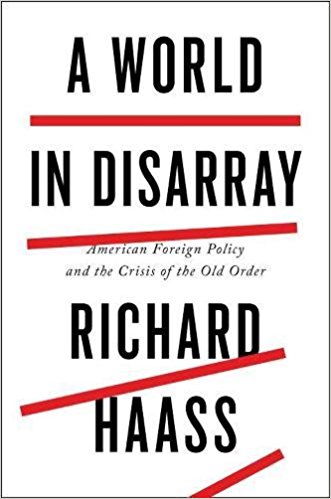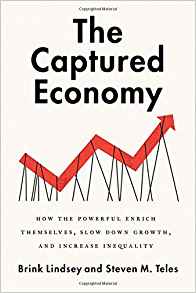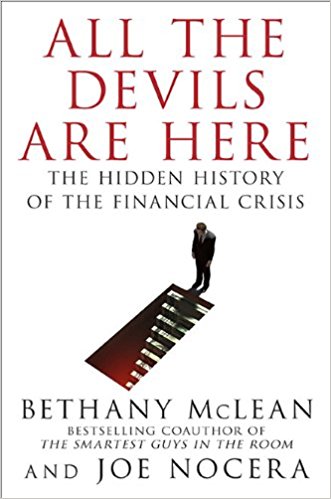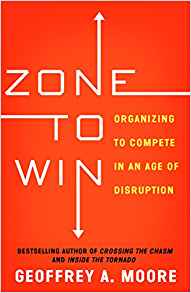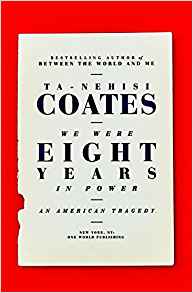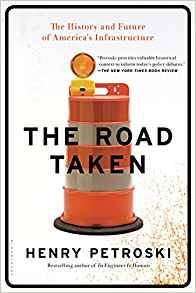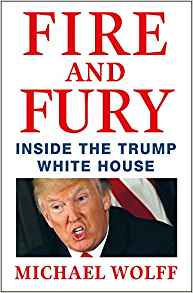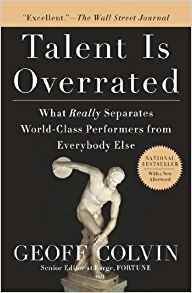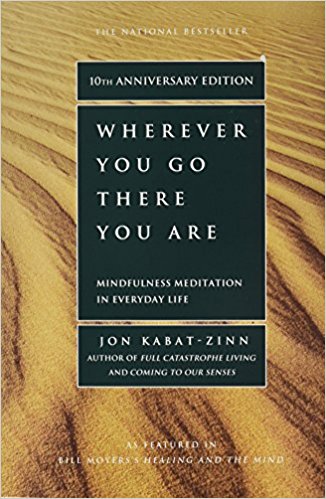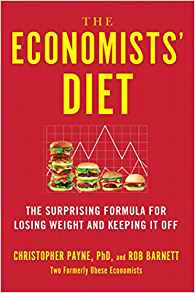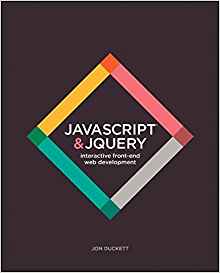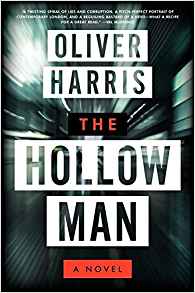These Truths: A History of the United States
Reviewed December 30, 2018, by Jon. These Truths is a sprawling history of the United States from 1492 all the way to the present day. There were a number of takeaways from the book. Probably the biggest one for me is that much of what I had assumed was a straight line of progressive change has actually ebbed and flowed. Lepore, a Harvard Professor of American History, chronicles the ebb and flow of racism, the influence of religion on society, populism, income inequality, the role of women in society, immigration, corporate influence in politics, abortion, and a host of other issues. The importance of the issues and their positions in the Republican and Democratic parties seems to have moved back and forth. A couple of striking things – which correlate with other things I have read about American History — is the profound role of race in politics and the similarity between now and the progressive and guilted ages – when corporate money and plutocracy dominate society and politics. Lepore concludes the book with a discussion of media and technology as it affects modern politics. I always assumed that advertising was invented for commercial purposes – to sell us stuff, but instead Lapore asserts that is was developed for political purposes – to sell us ideology. She also describes the invention and role of polling – when tied with advertising – turns politics into not a debate among competing ideas, but a selling game. Lepore describes the rising role of technology and both its dramatic access to information (and misinformation) and the fragmentation and loss of credibility of traditional media. Lapore’s book is very provocative. She covers and amazing arc of American history and threads it together. She concludes with a question – the founding fathers assumed that an educated and engaged electorate would use reason to debate the issues relevant to society. We have anything but that today. What does that portend for our future?
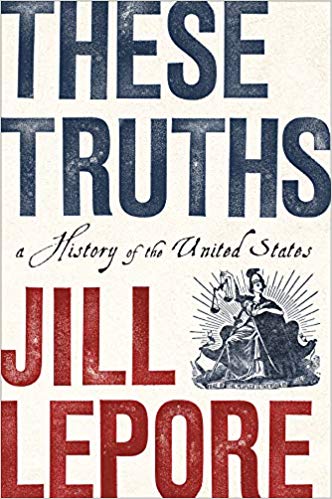 Purchase These Truths from Amazon.com
Purchase These Truths from Amazon.com
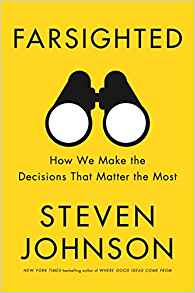
 Dark Sacred Night: A Ballard and Bosch Novel
Dark Sacred Night: A Ballard and Bosch Novel